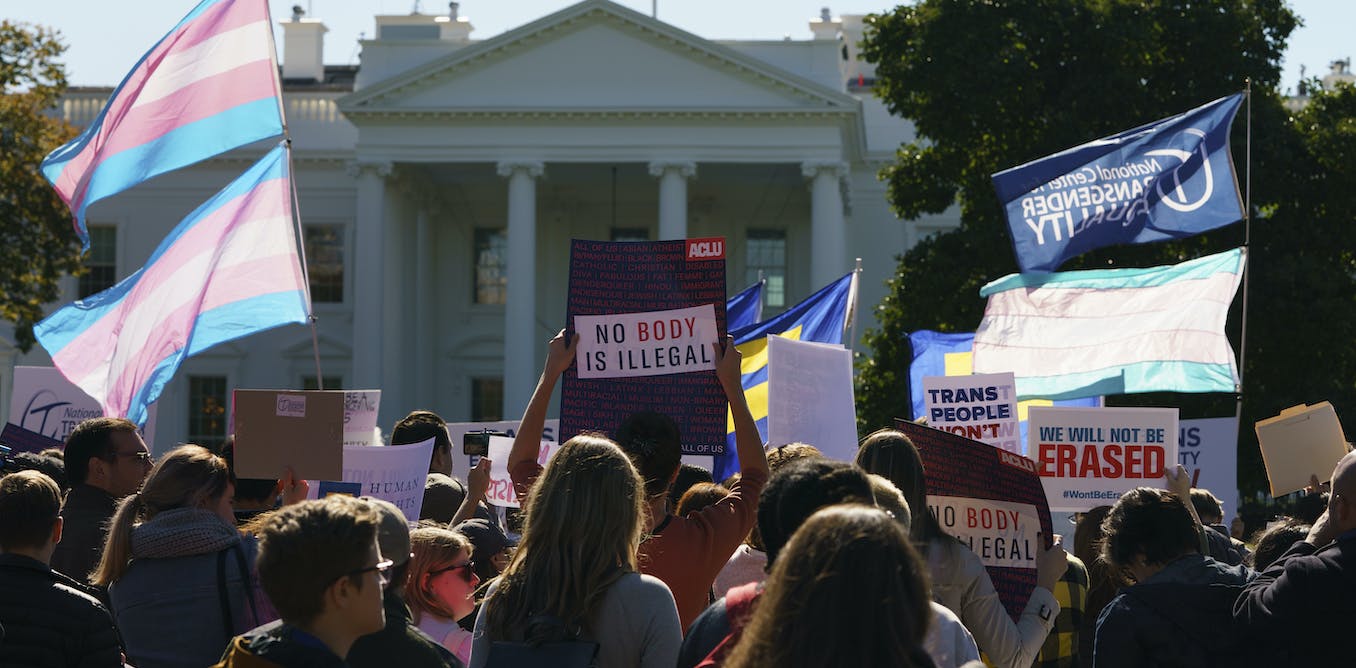The article discusses the history of opposition to transgender health care in three waves. The first wave occurred in the 1930s with the rise of the Nazis in Germany, who cracked down on transgender medical research and practice. The second wave occurred in the 1970s when a study critical of transgender medicine led to the closure of many gender identity clinics in the United States. The current third wave began in 2021 with the banning of gender-affirming care for minors in several US states.
The author, a scholar of transgender history, argues that gender-affirming care, such as puberty blockers, hormone therapies, and surgeries, has been practiced safely for decades and is not experimental or untested. They point out that opposition to these practices has historically been rooted in pseudoscience. The current wave of opposition is fueled by an anti-science movement that seeks to discredit scientific consensus.
The article highlights the historical context of the first wave of opposition in the 1930s, when the Nazis targeted transgender medical research and practice as “un-German.” The Nazis’ ideology was based on eugenics, the belief in the superiority of certain populations and the extermination of inferior populations. The second wave of opposition in the 1970s was based on flawed research that sought to make transgender people conform to societal norms.
The current wave of opposition to transgender health care is part of a broader reactionary movement against LGBTQ+ rights. Legislators have implemented laws that restrict access to gender-affirming care and remove LGBTQ+ content from libraries. The article argues that the movement against transgender health care is fueled by a distrust in science and medicine, which has been exacerbated by the COVID-19 pandemic.
Trans activists are calling for a shift away from medical authority and greater bodily autonomy in accessing transgender health care. They argue for an informed consent model where patients make decisions about their own bodies after discussing the pros and cons with their doctors. The outcome of the current wave of opposition to transgender health care remains uncertain, but the article emphasizes the importance of challenging pseudoscience and supporting transgender rights.









